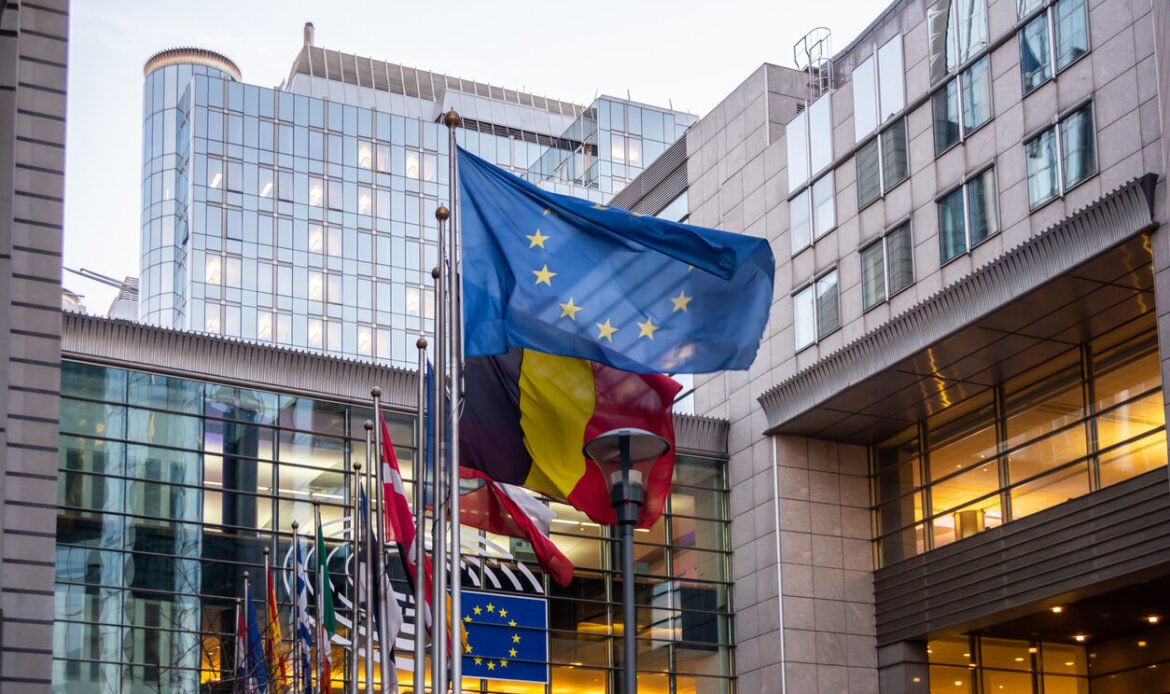The scheme aimed to allow both Russian and foreign investors to free up funds immobilized by Western sanctions
Individuals and legal entities from the EU are prohibited from participating in a frozen “asset swap” scheme proposed by Russia, according to the European Commission. The department responsible for EU policy on financial services posted the clarification on Wednesday.
In March, Russia launched an asset-swap scheme that aimed to allow both Russian and foreign investors to free up funds blocked due to the West’s Ukraine-related sanctions and Moscow’s countermeasures. The swap deal gave investors an opportunity to exchange Western securities that are frozen in EU depositories for Western funds immobilized in Russia, though the amount of each transaction could not exceed 100,000 rubles ($1,180).
The scheme was first introduced under a decree by Russian President Vladimir Putin’s in November last year, and Russia’s Finance Ministry later appointed Investitsionnaya Palata, a broker not targeted by Western sanctions, to organize the exchange.
However, the asset swaps would involve the National Settlement Depository (NSD) of the Moscow Stock Exchange (MOEX), which facilitates transactions with securities. According to the European Commission, the NSD’s participation makes it impossible for EU residents to take part in the swaps, due to the depositary’s listing on the EU sanctions blacklist.
“It would be prohibited for EU persons and entities to participate in an ‘asset swap’ scheme due to the involvement of the NSD. All funds and economic resources belonging to, owned, held or controlled by NSD must be frozen, and no funds or economic resources can be made available to it, whether directly or indirectly,” the regulator said in a response published on the commission’s website on Wednesday.
The Russian broker’s representative had earlier explained that the exchange mechanism would be designed in such a way as to minimize the role of the NSD, with the depository prohibited from charging fees for settlements as part of the swap deals. The NSD would essentially play a technical role in the proposed transactions, maintaining their records.
Commenting on the statements made by EU regulators, Gleb Boyko, a lawyer at the NSP law firm, told Forbes Russia that they could not be considered a normative legal act, which means some investors may still risk taking part in the swap deals. Artem Kasumyan, a lawyer at the Delcredere Bar Association, added that sanctions against the NSD are not absolute, and allow EU investors to ask permission for transactions from competent authorities on a case-by-case basis.
According to Investitsionnaya Palata, the asset-swap transactions are set to take place on August 12. The broker noted that it had been forced to postpone the deadline due to the number of requests from foreign participants.
Russian retail investors offered to buy out assets totaling 35 billion rubles, the broker had earlier reported. In total, around 2,500 types of assets were submitted for exchange, most of them shares and depositary receipts for shares of foreign issuers such as Alphabet, Tesla and Microsoft.
Source: RT



